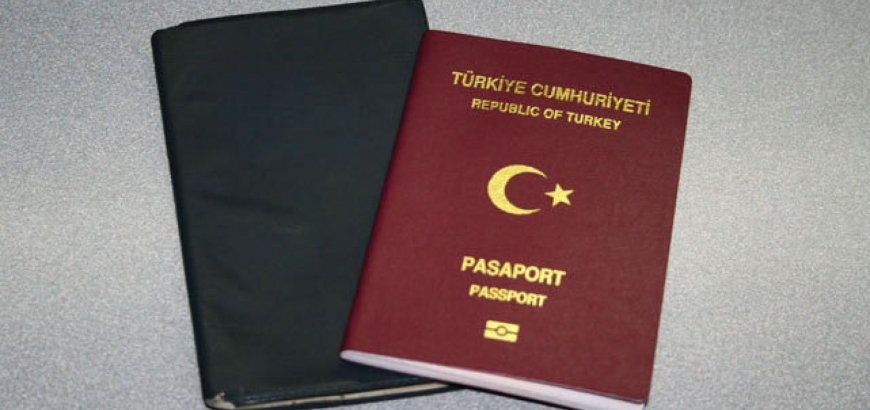About 20,000 Syrian families have been identified as being eligible to obtain Turkish citizenship, according to comments by Turkish Deputy Prime Minister Veysi Kaynak over the weekend.
Kaynak said in a television program on Sunday that “between 20,000 and 22,000 families, including highly skilled and qualified people who have obtained work permits, have been identified to obtain citizenship.” He added that “the total number of those qualified is between 80,000 and 85,000.”
“Citizenship will be granted after careful investigation by the concerned institutions and security and intelligence agencies,” Kaynak added.
“It is not currently possible to predict the number who will obtain citizenship from among those who are qualified to obtain it,” he said.
Regarding the number of Syrian refugees who have returned to their country in light of the Euphrates Shield operation, which was launched by Turkish forces to support the Free Syrian Army in clearing the border area of terrorist fighters, Kaynak said that “5,000 Syrians had returned to their country through the Oncupinar border crossing in Kilis since the start of the current year, after the liberation of Al-Bab from the Islamic State [ISIS] terrorist group in the Aleppo countryside.”
The deputy PM, meanwhile, pointed to the “return of 35,000 Syrians to the Jarablus area in the Aleppo countryside of northern Syria after it was cleared from ISIS, while the return of residents to the area is continuing with the return of stability and services there.”
This article was translated and edited by The Syrian Observer. Responsibility for the information and views set out in this article lies entirely with the author.


